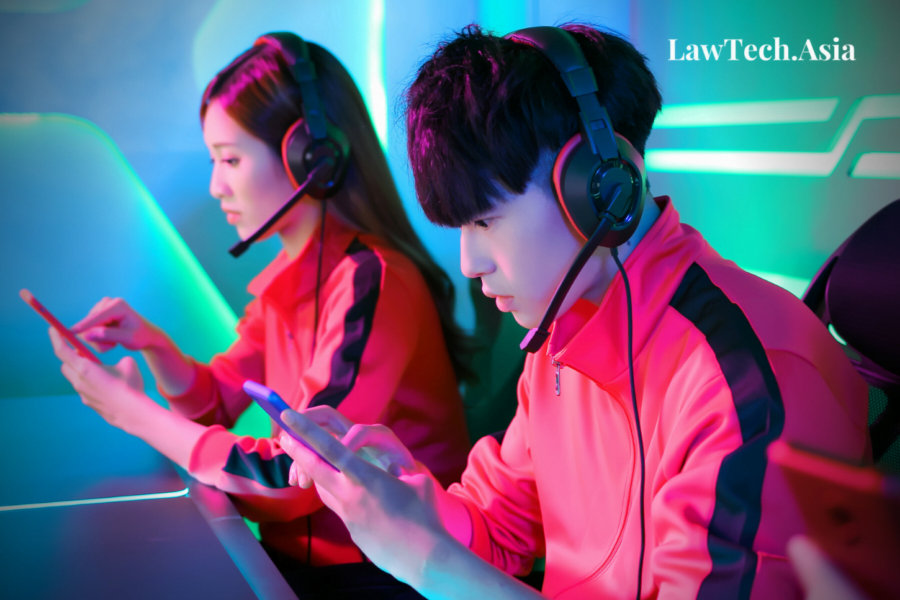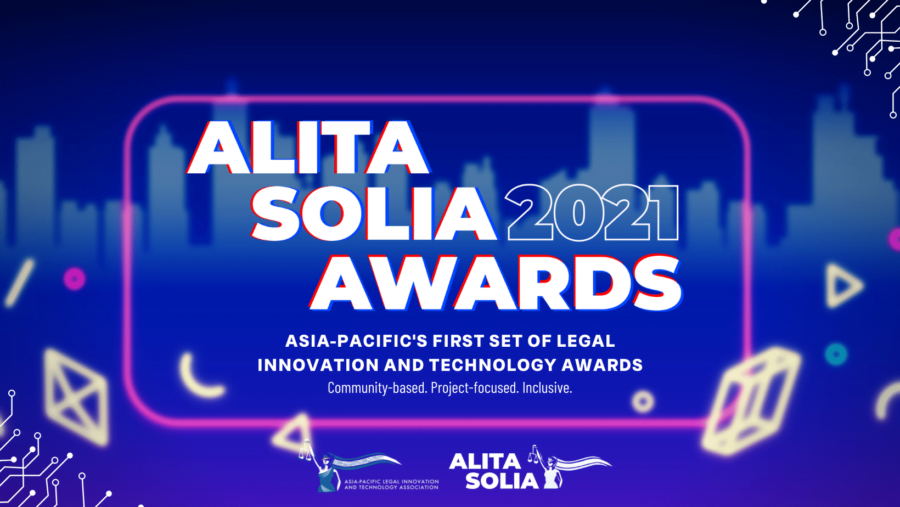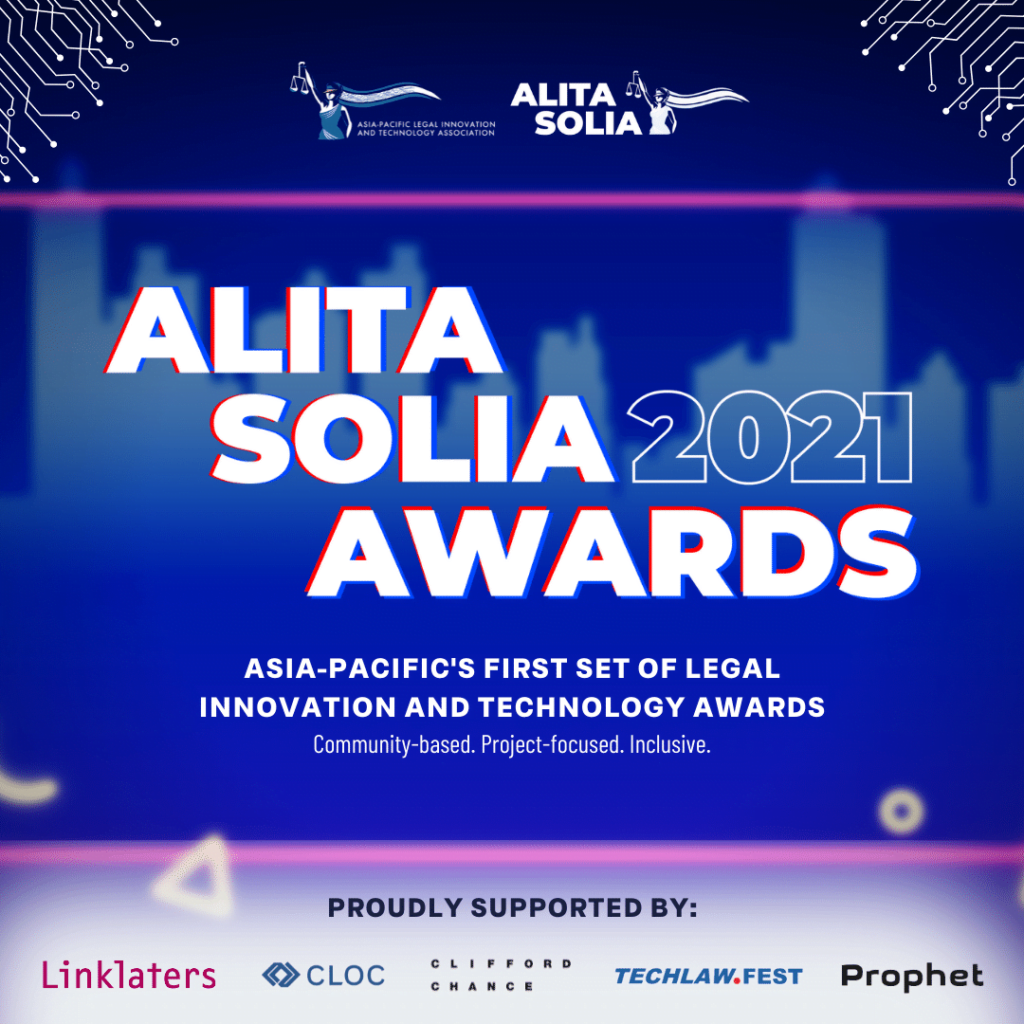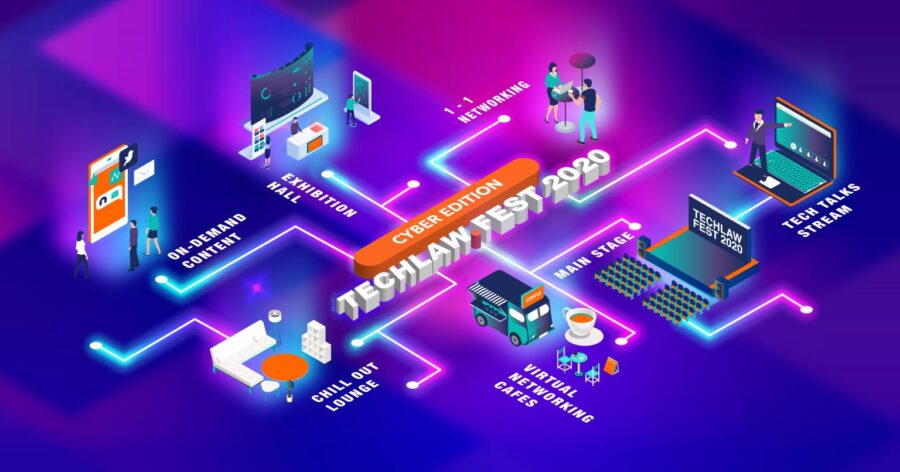Written by Lee Da Zhuan | Edited by Josh Lee Kok Thong
We’re all law and tech scholars now, says every law and tech sceptic. That is only half-right. Law and technology is about law, but it is also about technology. This is not obvious in many so-called law and technology pieces which tend to focus exclusively on the law. No doubt this draws on what Judge Easterbrook famously said about three decades ago, to paraphrase: “lawyers will never fully understand tech so we might as well not try”.
In open defiance of this narrative, LawTech.Asia is proud to announce a collaboration with the Singapore Management University Yong Pung How School of Law’s LAW4032 Law and Technology class. This collaborative special series is a collection featuring selected essays from students of the class. Ranging across a broad range of technology law and policy topics, the collaboration is aimed at encouraging law students to think about where the law is and what it should be vis-a-vis technology.
This piece, written by Lee Da Zhuan, critically examines whether the present regulatory picture in Singapore presents a clear framework to govern the phenomenon of “stablecoins”.
As its name suggests, stablecoins have been held to be a form of cryptocurrency which are designed to function as the composition of some value which attempts to stay stable with traditional currencies or its underlying assets. Given its recent hype in Singapore as being the cryptocurrency which generates exceptional returns with significantly lower risk vis-à-vis other cryptocurrencies, an important question arises as to whether our current legislations presents a clear framework to regulate these cryptocurrencies. This paper examines this question by adopting the following approach. Part II provides a primer to stablecoins and its different classifications used today. Heralding on the information from part II, part III evaluates that the scope of coverage found in the current Payment Service Act is insufficient to cover various different classes of stablecoins. Part IV concludes with possible recommendations. It is the author’s hope that the findings presented from this paper would present an overview of the lapses of the Payment Services Act concerning the governance of stablecoins.






